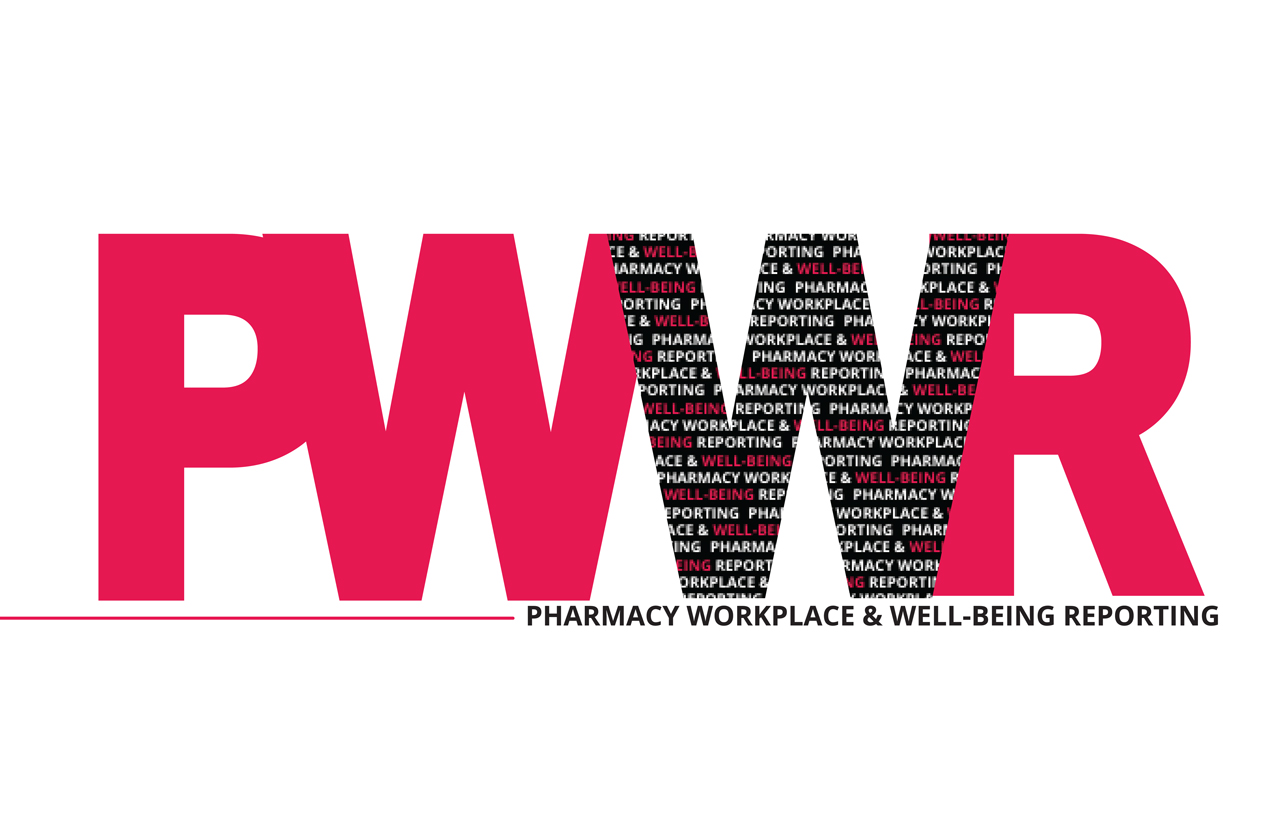A minute with …
Adrian Quezada Gonzalez
Student Pharmacist, Los Robles Hospital and Medical Center, Thousand Oaks, CA, and President of APhA–ASP chapter at West Coast University, Los Angeles, CA
Member since 2019

"APhA–ASP is truly the organization for student pharmacists to succeed throughout their pharmacy school experience. There’s a spot for every student within the association, and no matter the role, you will have support from local, regional, and national leaders. As a member of this professional pharmacy organization, I have access to many resources, including networking opportunities, educational events, and leadership development programs. APhA–ASP has offered numerous opportunities to get involved in the community, including health fairs and other outreach events, which have allowed me to develop my patient care skills and give back to the community. Overall, my involvement in APhA–ASP has helped me to develop both personally and professionally, and has provided me with the skills and resources needed to succeed in my future career as a pharmacist.”
How has APhA helped you establish meaningful connections?
APhA–ASP has helped me to connect with practicing pharmacists who can serve as mentors and provide me with insight into the profession. Through these connections, I have gained a deeper understanding of the pharmacy profession and the various career paths available to me. Overall, my involvement in APhA–ASP has allowed me to establish meaningful connections with other student pharmacists and professionals, which has been instrumental in my personal and professional growth.
How has APhA helped prepare you for your career as a pharmacist?
Through my involvement in patient care projects and other outreach events, I’ve gained valuable experience working with patients and developing my patient care skills.
This has included providing medication therapy management services, conducting health screenings, and promoting medication adherence.
APhA–ASP has also provided me with numerous leadership opportunities, including serving as a chapter officer and organizing events and activities for the organization. These experiences have helped me to develop my leadership and communication skills, and hone my ability to work as part of a team.
What excites you about the profession of pharmacy?
Pharmacy is a diverse and dynamic field that offers a wide range of career opportunities. Pharmacists play a crucial role in patient care, working closely with other health care professionals to ensure that patients receive the most appropriate and effective medication therapy.
As medication experts, pharmacists are uniquely positioned help improve patient outcomes and prevent medication-related problems. Additionally, the pharmacy profession is constantly evolving, with new medications, therapies and technologies emerging all the time.
Can you share a meaningful story about a time you interacted with a patient?
The most meaningful experience in pharmacy school and my time with APhA–ASP was assisting a patient with the use of a glucose monitoring device. During a health fair, I showed a patient how to properly use their glucose monitor—which they’d used incorrectly for years—step-by-step, in their preferred language, Spanish.
Helping a patient to effectively manage their diabetes can have a significant, positive impact on their overall health and well-being, which can be a very rewarding and meaningful experience for a student pharmacist and any health care professional. ■
Get involved

The opioid epidemic and subsequent increase in SUD has been a prevalent concern within health care for the past decade. At the same time, ensuring patients get proper pain management has also become somewhat of an obstacle due to concerns surrounding the overprescribing of opioids. The APhA Pain, Palliative Care, and Addiction (PPCA) Special Interest Group (SIG) strives to educate pharmacists and student pharmacists on how to care for patients with all types of pain and patients who may experience SUD.
“The PPCA SIG focuses on very current and relevant topics in contemporary pharmacy practice,” said Larry Selkow, RPh, BSPharm, and PPCA SIG coordinator. “As the name of the SIG shows, pain, palliative care, and addiction are subjects all pharmacists should know about and focus on in their practice. I enjoy very much communicating with my fellow SIG members on Engage, and I especially enjoy working with the SIG leadership. Our Committee Chairs are an amazing bunch of pharmacists!” Visit apha.us/PPCA_SIG to learn more.■
BCGP recertification

Board certification demonstrates superior knowledge and expertise beyond that of a licensed pharmacist. As a BCGP-certified pharmacist, you know how important it is to keep older adults in your community healthy. APhA will soon offer BPS-approved recertification courses that you can use to keep up with all your CPE requirements. APhA and the American Society of Consultant Pharmacists are collaborating to offer board prep and recertification education for the geriatric credential. APhA’s offerings will include a monthly clinical case study through which learners are given the opportunity to practice identifying medication-related problems and making recommendations related to help keep older adults safe.
Coming this year, our program will offer webinars, case studies, trending topics, podcasts, and more, all developed directly from leaders in the industry. Visit apha.us/BCGP for more information and available offerings. ■
PWWR and safeguarding pharmacy

Embark on the new year knowing that your workplace experiences and insights are valid. At APhA, we understand that pharmacists and pharmacy teams may have concerns and ideas to offer but are often held back by fears of potential repercussions. The Pharmacy Workplace and Well-being Reporting (PWWR) tool is an online portal developed by APhA and the National Alliance of State Pharmacy Associations. This tool provides a secure and confidential platform for the entire pharmacy community to anonymously share positive and negative workplace experiences.
Your contributions to PWWR are indispensable and help shape aggregated, nonidentifiable data that informs and influences pharmacy leaders. Please visit apha.us/PWWR to share your truth and actively contribute to driving meaningful changes geared toward enhancing the pharmacy work environment and ensuring patient safety. ■